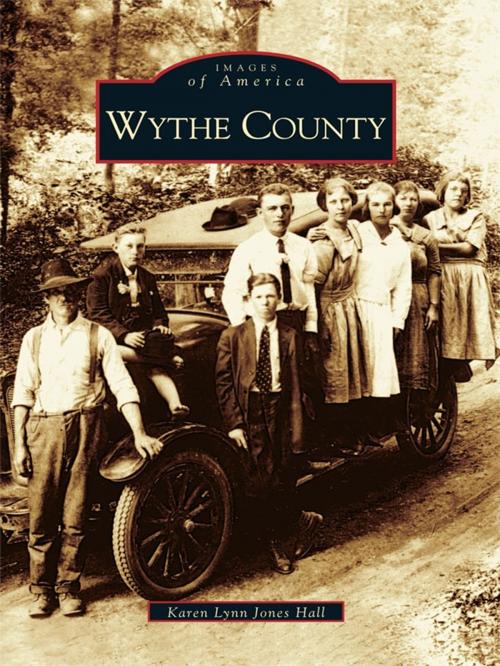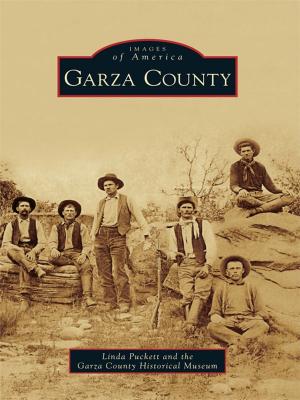| Author: | Karen Lynn Jones Hall | ISBN: | 9781439629581 |
| Publisher: | Arcadia Publishing Inc. | Publication: | August 25, 2004 |
| Imprint: | Arcadia Publishing | Language: | English |
| Author: | Karen Lynn Jones Hall |
| ISBN: | 9781439629581 |
| Publisher: | Arcadia Publishing Inc. |
| Publication: | August 25, 2004 |
| Imprint: | Arcadia Publishing |
| Language: | English |
Nestled in the heart of the Blue Ridge Mountains of Southwest Virginia lies the historically rich Wythe County. The area was originally settled due to the proximity of the New River, one of few rivers in the world that flows north. The county is named after George Wythe, signer of the Declaration of Independence. In 1863, the Civil War Battle of Wytheville brought federal troops into the heart of the county, hoping to interrupt the flow of necessary salt from the mines at nearby Saltville. During the 1800s, Wythe County was known for its mineral waters and as a mountain resort for wealthy residents of hot, humid areas who came for the summer to vacation. Having flourished throughout the 20th century, the county still retains its rural charm. Wythe County captures many charming scenes of country life, Virginia's train and travel industry, numerous long-forgotten vistas, some of Wythe County's finest citizens, and the area's most notable landmarks.
Nestled in the heart of the Blue Ridge Mountains of Southwest Virginia lies the historically rich Wythe County. The area was originally settled due to the proximity of the New River, one of few rivers in the world that flows north. The county is named after George Wythe, signer of the Declaration of Independence. In 1863, the Civil War Battle of Wytheville brought federal troops into the heart of the county, hoping to interrupt the flow of necessary salt from the mines at nearby Saltville. During the 1800s, Wythe County was known for its mineral waters and as a mountain resort for wealthy residents of hot, humid areas who came for the summer to vacation. Having flourished throughout the 20th century, the county still retains its rural charm. Wythe County captures many charming scenes of country life, Virginia's train and travel industry, numerous long-forgotten vistas, some of Wythe County's finest citizens, and the area's most notable landmarks.















